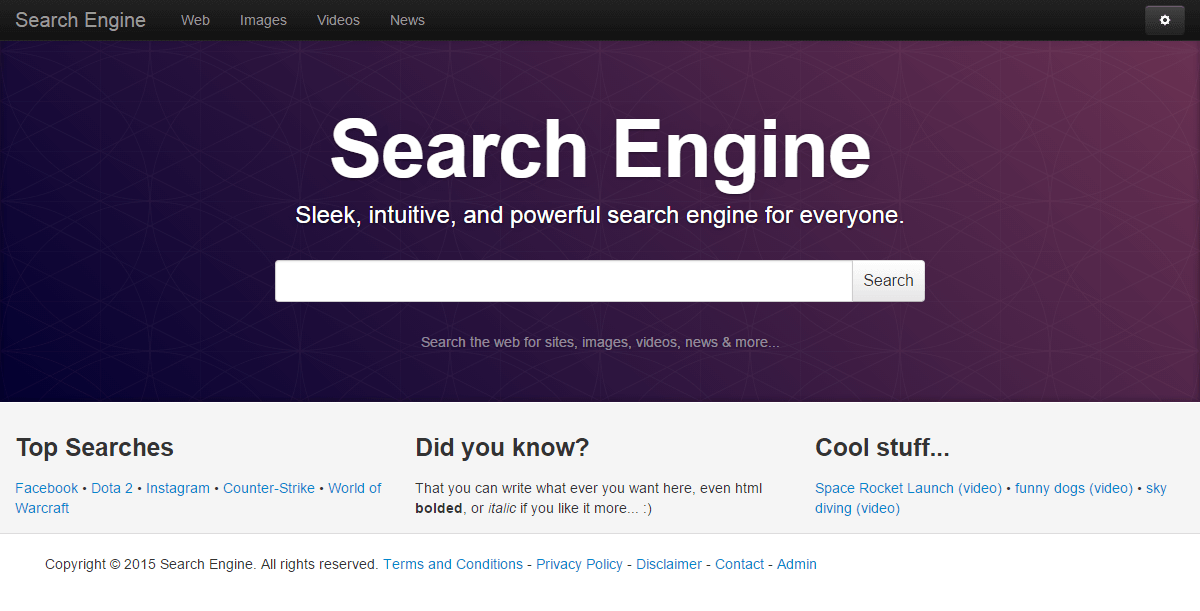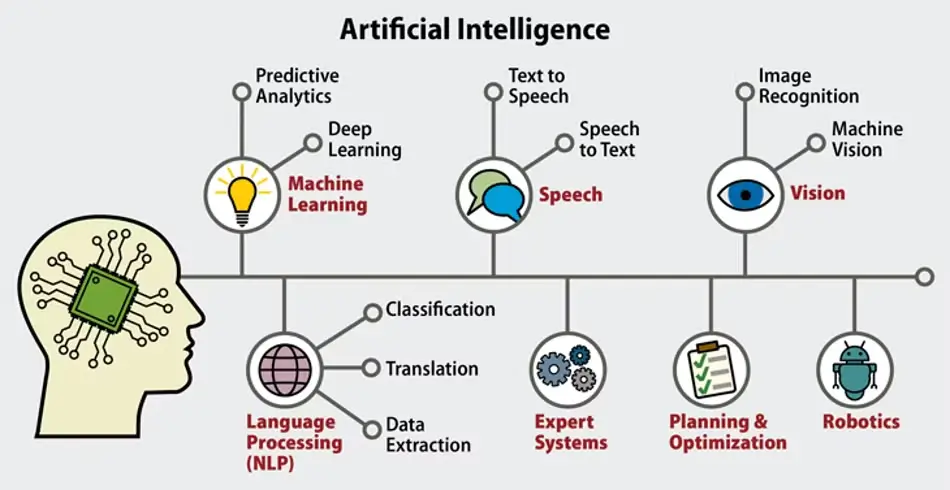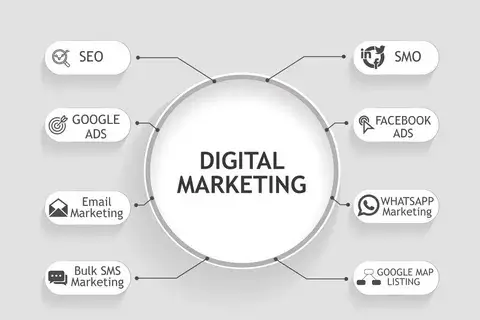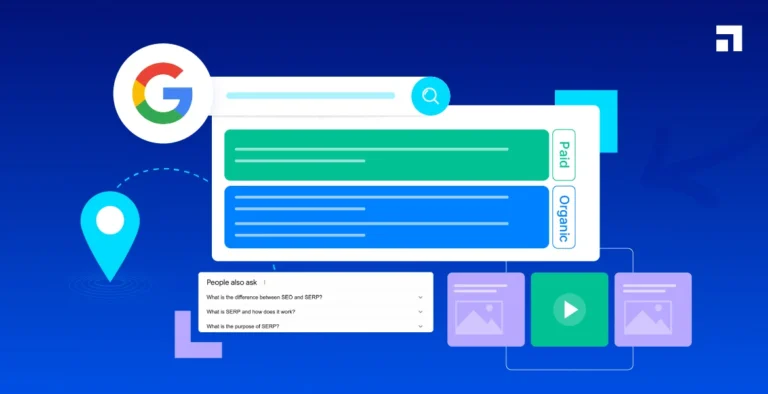“How Digital Marketing Has Changed the Marketing World” is among major events that have taken place within the energetic world of business today. Digital marketing has transformed the traditional way companies communicate messages to consumers. This change has brought new avenues of interaction for consumers with brands through their interactions with social media sites and advertising. With an increasing number of people spending their time online, businesses have to find a way of adapting to this new digital world so as to be relevant. The article focuses on some of the key alterations examining how customer attitudes have been modified to change the marketing world, consumer behavior, and market strategies.

Rise Of Digital Marketing
The emergence of digital marketing has revolutionized the entire marketing landscape. Technological advancements prompted a shift from traditional methods to dynamic online approaches, transforming the way businesses operate. Digital marketing encompasses diverse platforms like SEO, content marketing, and social media, reshaping brand-consumer interactions. This transformation is fueled by data-driven decisions, enabling more targeted and personalized advertising. With the continuous growth of e-commerce, mobile optimization, and emerging technologies, digital marketing gains even more potency in our expanding digital world. Thriving in today’s global, interconnected market requires businesses to adapt to this shift in consumer behavior. Employing digital strategies is essential for establishing brand presence and engaging with a broad spectrum of digitally literate customers.
Digital Marketing Channels
Digital marketing channels comprise various online platforms and mediums that businesses use to reach their target audience. Understanding the diverse range of channels is crucial for crafting effective and integrated marketing strategies.
Social Media Platforms
Social media is a cornerstone of digital marketing, providing a direct avenue for businesses to connect with their audience. Platforms like Facebook, Instagram, Twitter, and LinkedIn offer unique opportunities for engagement and brand visibility.
Search Engine Optimization (SEO)
SEO plays an important role in digital marketing by enhancing a website’s visibility on search engines. Optimizing content for relevant keywords helps businesses rank higher in search results, driving organic traffic to their websites.
Email Marketing
Email marketing remains a powerful channel for direct communication with a targeted audience. Effective email campaigns can nurture leads, promote products or services, and build long-term customer relationships.
Content Marketing
Content marketing is aimed at producing and distributing valuable information specifically targeted for the needs of a certain group of consumers. Blogs, articles, videos, and infographics among others, complete your digital marketing campaign.
Pay-Per-Click Advertising (PPC)
Businesses can show their ads on search engine result pages as well as in other websites through PPC advertising. Such an arrangement has made it possible for advertisers to pay only for clicks with the aim of generating quality traffic as well as conversions.
Targeted Advertising
Targeted advertising changes the way marketing is done by focusing on accuracy and customization. This method includes making promotional content fit certain groups of people to make sure the messages reach the right people.
Data-Driven Insights
This type of promotion is based on analyzing data. Businesses get useful information about how customers act by collecting user data, which lets them make ads that are highly relevant and tailored to each customer.
Enhanced Relevance And Engagement
Targeted ads increase relevance by aligning content with the interests, preferences, and behaviors of the audience. This heightened relevance boosts engagement, as consumers are more likely to interact with ads that cater to their individual needs.
Efficient Budget Allocation
Unlike traditional advertising, targeted approaches optimize budget allocation. By directing resources toward specific audience segments, businesses maximize the impact of their advertising spend, achieving better returns on investment.
Measurable Results
One of the key advantages of targeted advertising is the ability to measure and analyze results in real-time. Businesses can track metrics such as click-through rates and conversions, providing valuable insights for ongoing campaign refinement.

Access To Global Markets Opportunities For Growth
Currently, the world has become more interconnected thus giving small businesses an excellent opportunity to go beyond their locality and succeed. The digital era has destroyed the barrier of distance and made it increasingly less difficult for companies to enter into international marketplaces. Online tools and digital marketing have helped small businesses to display their items globally. This allows businesses to conduct trading across borders, enabling them to serve more customers globally. This expanded global reach, however, enlarges the firm’s market power base and opens up opportunities for further expansion and multiple revenues. Small companies should use technology for researching on the market and ensure the suitability of the method adopted depending on international taste. Therefore, opening up opportunities to small enterprises to access global markets revolutionizes their ability to expand and make more profits.
Challenges In The Digital Era
Living in the digital age offers incredible opportunities, but it also comes with its unique set of challenges. The fast-paced evolution of technology means businesses must adapt constantly to stay competitive. Cybersecurity threats are real, necessitating robust measures to safeguard private information. With an overwhelming amount of data, effective management methods become essential. Striking the right balance between automation and a personal touch is tricky, impacting customer interactions. In this ever-changing digital world, employees need to continuously enhance their skills to secure their jobs. Navigating these complexities requires intelligence, flexibility, and a commitment to innovative thinking. Successful businesses in the digital age excel at turning challenges into opportunities, ensuring resilience and sustained growth.
Conclusion
In conclusion, Moving from the old-school ways to the fast-paced world of digital platforms has been quite a journey. The precision of targeted ads, the effects of globalization, and the hurdles of the digital age show just how much things have transformed. Small businesses aiming for global success need to smartly handle these challenges. In the end, surviving in this digital era means always adapting, being aware of different cultures, and using technology wisely. To really succeed, businesses have to stay on their toes in this interconnected and always-changing marketing scene.











